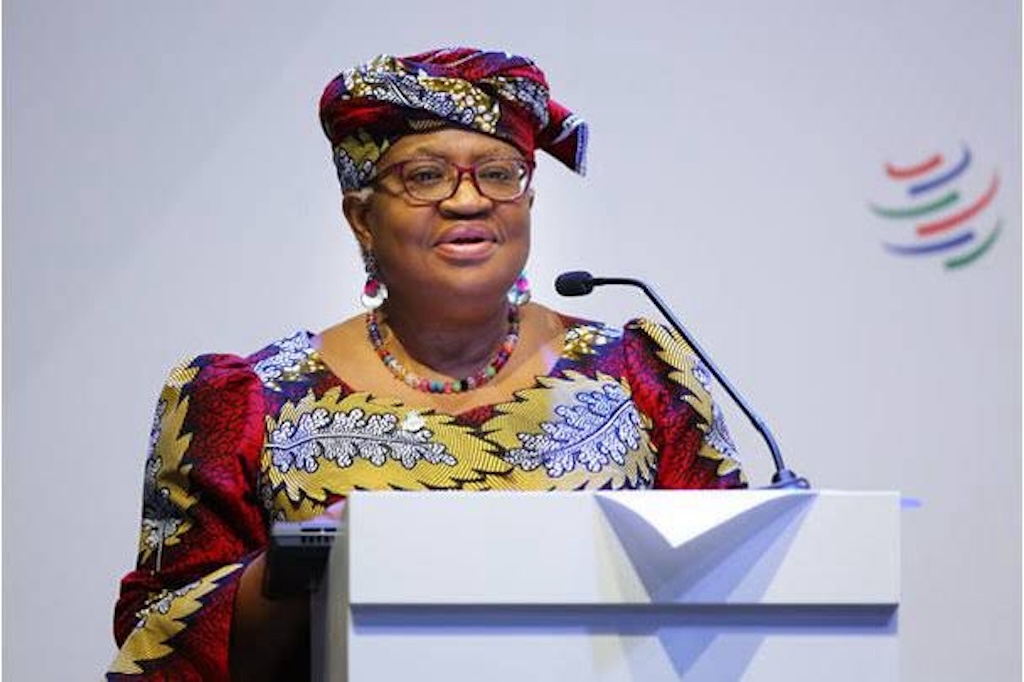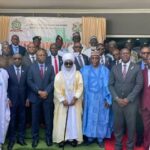Okonjo-Iweala Worried over High Trading Cost Among African Countries

Director-General of the World Trade Organization (WTO), Dr. Ngozi Okonjo-Iweala, has raised concern over the high cost of trading among African nations, revealing that it is about 20 percent more expensive for countries on the continent to trade with one another than with countries outside Africa.
Okonjo-Iweala made the disclosure during an interview with CNN’s Christiane Amanpour, where she lamented that the high intra-African trade costs were a major barrier to regional growth and industrialization.
“Something is wrong with that,” she said, referring to the irony of Africans paying more to trade within the continent than with the rest of the world.
According to her, the African Continental Free Trade Area (AfCFTA) was created to address such challenges, but the continent’s potential is being undermined by poor infrastructure, fragmented markets, and weak logistics systems.
She noted that only about 15 to 20 percent of Africa’s total trade happens within the continent — a sharp contrast to the over 60 percent recorded within the European Union.
The WTO chief identified several factors contributing to the problem, including poor transport networks, inadequate power supply, multiple border checks, complex customs procedures, and inconsistent regulatory regimes.
She also highlighted the slow movement of goods and the inefficiencies of shipping and payment systems, which often make it faster and cheaper to send products from Africa to Europe or Asia than between two African countries.
Okonjo-Iweala stressed that for the AfCFTA to deliver its full benefits, African governments must urgently invest in critical infrastructure, streamline trade procedures, and improve connectivity.
She called for stronger regional cooperation and the elimination of bottlenecks that raise the cost of doing business across borders.
“Africa has about 30 percent of the world’s mineral resources and over two-thirds of its arable land,” she noted. “With a population projected to reach 2.5 billion by 2050, the continent has immense potential, but it must be unlocked through smarter, cheaper, and faster trade within Africa.”
Economists say the WTO chief’s warning is timely, as high trade costs continue to limit manufacturing growth, discourage investment, and reduce Africa’s competitiveness in global markets.
Analysts also argue that improved intra-African trade could boost job creation, expand industrial output, and help cushion the continent from external economic shocks.
Okonjo-Iweala’s remarks add fresh urgency to ongoing efforts to implement the AfCFTA, which aims to create a single continental market for goods and services and promote the free movement of people and investments across Africa.









